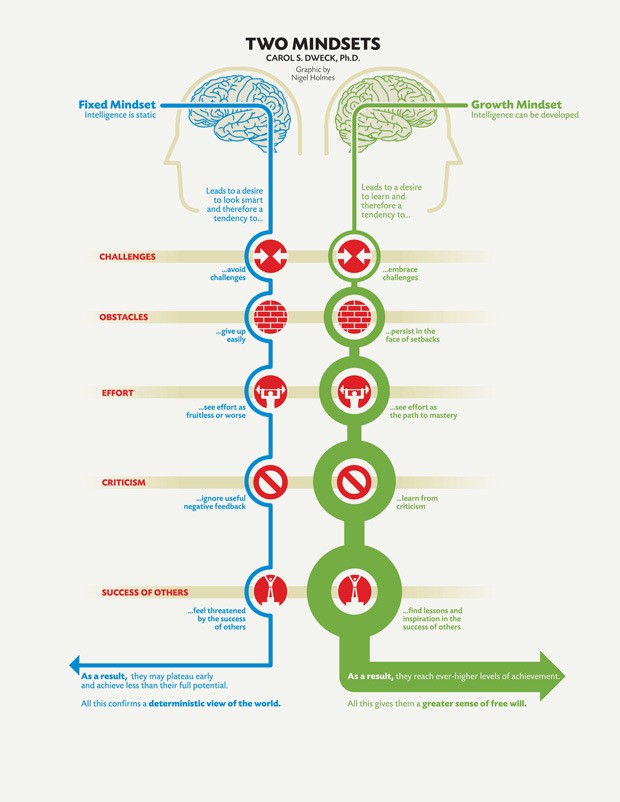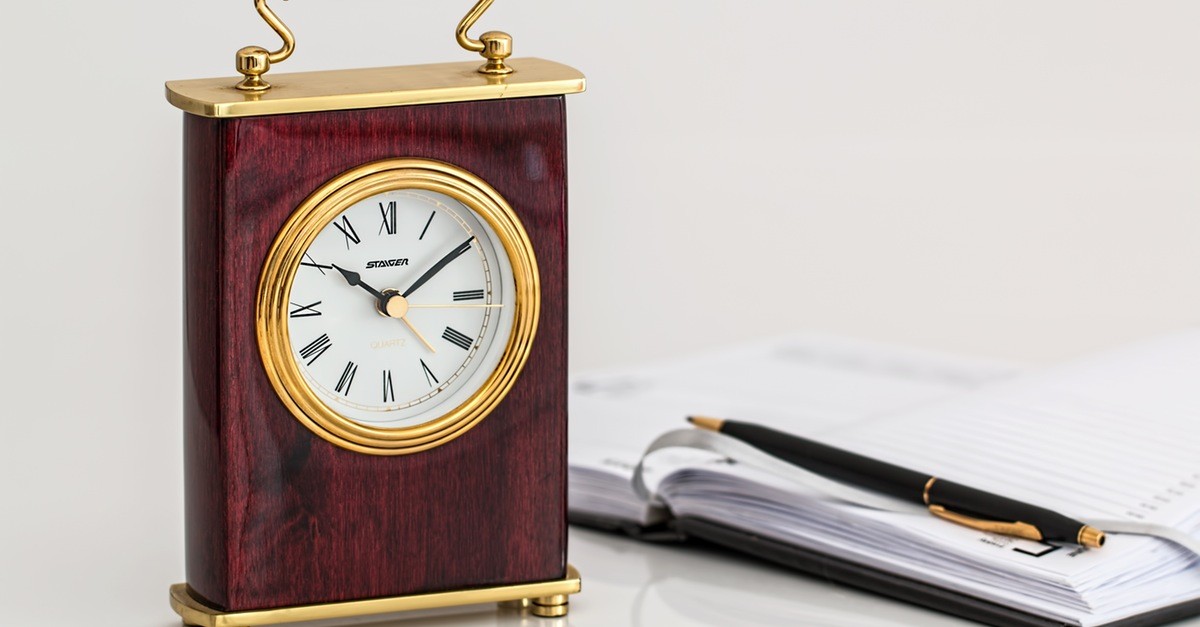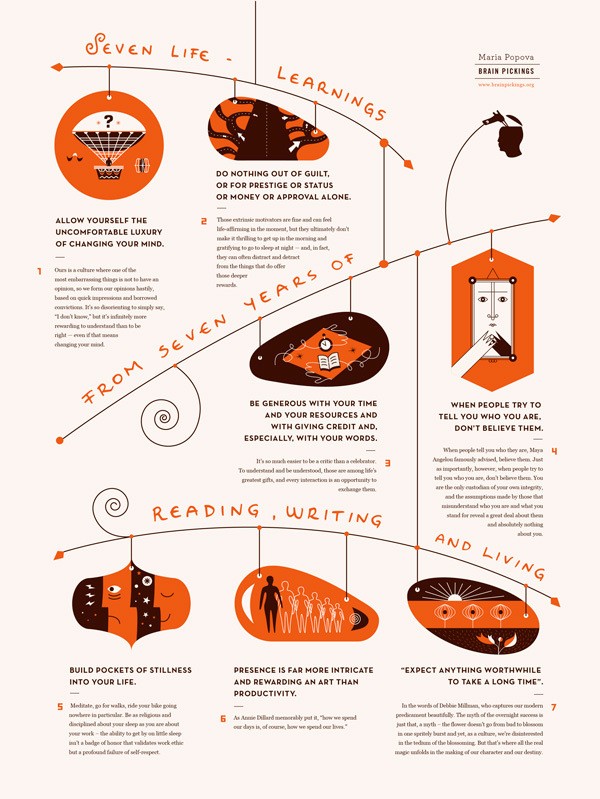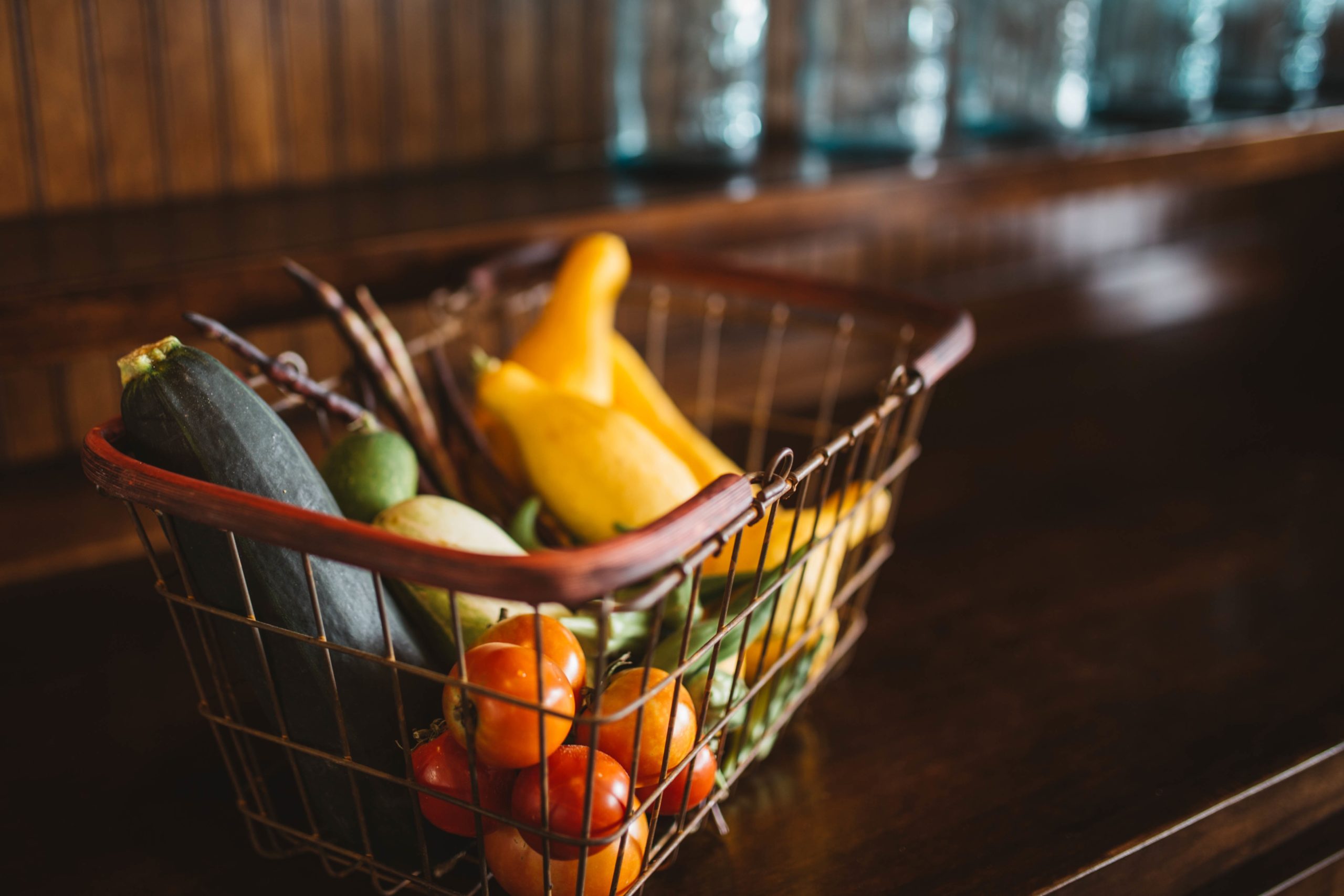
But the beauty is in the walking — we are betrayed by destinations.
― Gwyn Thomas
Featured on Elephant Journal
It’s the sixth day of a writing course, and I haven’t written a single word yet. Deadline day is looming, and I’m finding it difficult to get started. Writers surround me: teachers, colleagues and weird people in cafes. I’m in Paris for God’s sake! This is where everyone gets inspired to write. I’m away from the stress of my business and the mundaneness of my life. The environment is perfect for writing.
I read somewhere there is nothing like writer’s block, but rather it’s when there are deeper issues that trouble us which then impend our freedom to write.
I take a break from staring at the blank computer to get some fresh air and decide to take a walk to clear my thoughts, and without knowing where I’m going. The sun sets late in the Parisian summers and the long days make walking not just appealing but also soul nourishing. I decide that there will be no writing today and that thought alone frees me.
I wander through the streets of Paris like a true flâneur —a term coined by Charles Baudelaire. It means to saunter through the city aimlessly experiencing it through our senses, removing ourselves from the world and putting ourselves into the heart of a city and becoming one with it.
I find myself in front of the Jardin du Luxembourg. The gardens are spread over many acres. All kinds of flowers bloom in different colors, offering differing scents that urge creativity whenever you breathe. I look around and see people laughing, children playing and lovers kissing. Most of all I see and feel life, and it’s everywhere. No one seems to care that I can’t write.
The gardens are full of pigeons that look merry and busy. One approaches me and turns its head towards me, and it must be the fattest bird I’ve ever seen. I’m sure it’s all the croissants and baguettes the birds get to eat when people flock to the gardens. This big one looks me straight in the eye as if mocking me, then hops away, too lazy to fly off.
I walk towards the huge colonnades of trees on the other side. The gardens in front of the trees are beautifully mowed and look like one big green carpet. I look at the trees now directly above me, and a slight breeze brushes my face. I’m in complete awe of this moment, and I feel all the stress I’ve brought over with me, slowly dissipate into the thin air.
I’m feeling much better now and continue my discovery of Paris, and I’m astonished how history finds me on every road, nook and alley of this city and I find myself outside the University of Paris-Sorbonne, where Victor Hugo and many other notable figures went to.
I take a right at the end of the Pantheon and walk for a while to find myself in Place Contrescarpe. I’m in front of a Patisserie Pascal Pinaud, and a strawberry tart jumps out at me. I sit down for a coffee and the sugar that I crave.
On my right, an old lady is reading an English book and she smiles at me. I ask her if this was the area that Hemingway frequented and she points out to a plaque that is approximately twenty metres away, which shows where Hemingway lived with Hadley, his first wife when they moved to Paris.
I recall how one day my son asked me why my sudden passion for writing. Was it out of loneliness? Perhaps, but maybe, I finally reached a time when I couldn’t bottle up any more of my thoughts, feelings and words and they had to come out.
I had lived most of my life pursuing success, money and prestige. I had been like a robot using only my mind to keep my feet firmly on the material side of life while ignoring my heart. Writing seems to have been something that lay dormant in me; it was hidden deep in the crevasses of my heart, waiting to explode like a wild volcanic eruption.
At first, I started journaling early in the morning, trying to decipher my dreams and to look at my previous day’s actions. However, it then grew into something much more, helping me to look at my feelings and how they affected my actions.
I have been transformed emotionally and slowly releasing myself from the shackles that have held me back since childhood. I’ve started aligning my feelings and actions. The more I do that, the more I feel free and the closer I get to my true self. And the further away I get from my old inauthentic ways of living.
I think about Hemingway and how he would write early in the morning before hitting the cafes. I loved the way especially in those early Paris years how dedicated and passionate he was to become a great writer. It was true he loved to drink and have a good time, but many forget the hours he “bled on the typewriter,” and the joy he got after writing a few good hours.
It must have been a wonderful time to live in this part of Paris surrounded by the”lost generation”–the many writers, poets, painters and musicians that would shape our world for the next hundred years.
I turn around to say goodbye to the old woman, but she has left. I get up and stroll around to notice a vendor wearing dark trousers and a navy blue shirt with a short apron on top. He is beaming, and his smile is not only inviting but exudes joy. He talks in rapid French to a couple of locals, and I can’t understand a word. He holds a purple aubergine in his hands, and I imagine he is explaining how fresh it is (having just received his consignment only a few hours ago) and how best to cook it.
He does this with such passion that I want to buy the aubergine, myself, even though I wouldn’t know what to do with it. I just keep watching him for a while as he connects with people. He obviously loves what he is doing.
I am envious—I want to be free enough to get lost in the present moment. I wonder if writing could become the platform that would make me feel authentic to myself, where I could finally lose my analytical thoughts and become more present.
All the walking not only cleared my mind but allowed many new thoughts to surface. I was now having a hard time containing all my thoughts.I enter one of those quintessential Parisian cafes, La Gueuze, and bring out my laptop to capture my thoughts.
I sit next to three youngsters drinking beers that are larger than their backpacks. Everyone sits facing the outside; it’s like no one in Paris wants to miss out on what’s happening out there.
I sip my glass of Bordeaux and wonder if this is how my future is going to be, walking, discovering cities by foot and then sitting in cafes writing all about it.









